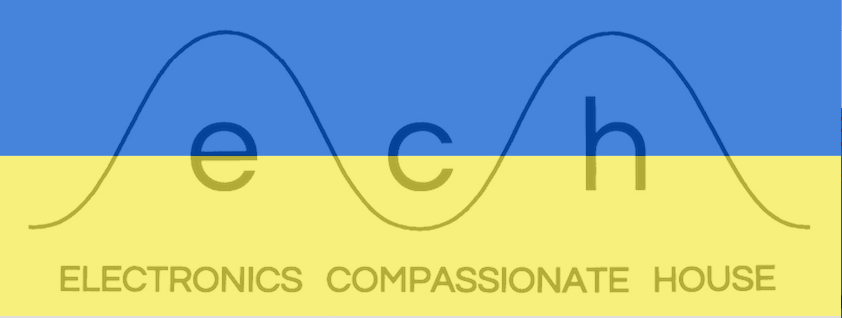 |
| Board with 'IC1' removed |
The same customer as the previous JUNO 106 80017A REPAIR contacted me again reporting similar problems less than a month after the first repair. I was disheartened because I had read that other people had long-lasting success with this method and I felt that I had let him down. To my delight, IT WAS A DIFFERENT CHIP!
IC1 had started to go off in the same way as the others, except it was dropping notes instead of hanging them. The 80017a contains both the VCA (volume) and VCF (filtering) portions of the sound processing (the VCOs are on the same board, beside and offset slightly from the 80017a's). Thus random changes in volume and 'brightness' are a sign that the chip is starting to fail.
I pulled IC1 this time, with more confidence in the procedure, and soaked it in the remaining Acetone. Note that the PCB is labeled 'module 1' through 'module 6' which tells you which chips are which. This blogger tested by adjusting the trimpots and listening for audible changes, so perhaps not all Junos are so clearly labeled. It has gone home with the customer and I can't check the serial # at the moment though!
This time I soaked for a full three days and didn't try to remove any resin until day two. It loosened more easily after a longer soak and I was able to clean it gently without any problems.
A needle is useful for cleaning between the pins of the SMD chips as bits of resin remain there after the bulk of it is removed. It seems like a likely spot for conductive problems and it is worth taking the time to get every little bit out of there.
The chip went back in easily and tested fine without needing calibration. I recommended that the customer give it a more thorough and prolonged test (i.e. play some music). I have 'repaired' three of the six chips so far (he only purchased the Juno off ebay quite recently) and I suggested that if another one fails I should do all three.
It is encouraging that this Mad Max repair job works as the replacement chips are quite costly (much respect to those who took the time to decode the originals in order to make near-matching equivalents) and it seems likely that all Junos will suffer this fate eventually.

